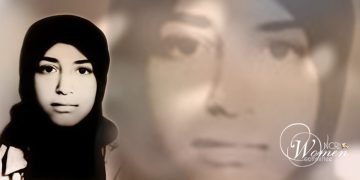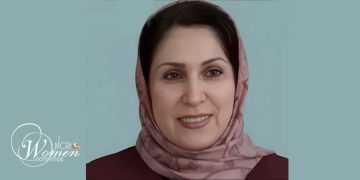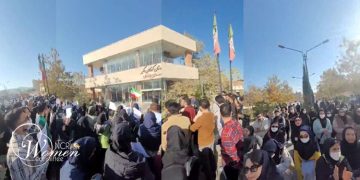In the tapestry of American history, Mary McLeod Bethune stands as a beacon of education, empowerment, and equality. Born the daughter of formerly enslaved parents, she rose to become one of the most influential Black educators, civil rights leaders, and advocates for women’s rights of the twentieth century. Her life was a testament to the power of education as the key to freedom.
Early Life and the Spark of Learning
Mary Jane McLeod Bethune was born on July 10, 1875, near Mayesville, South Carolina, the fifteenth of seventeen children. Her parents, Samuel and Patsy McLeod, were formerly enslaved, and the family worked as sharecrops after emancipation.
Mary’s journey began with a single moment of wonder, picking up a book and realizing that she could not read it. That realization ignited an unquenchable desire for knowledge. With determination and faith, she earned a scholarship to Scotia Seminary in North Carolina and later studied at the Moody Bible Institute in Chicago, one of the few African American women to do so at the time.
The Birth of a Vision
In 1904, Mary McLeod Bethune founded the Daytona Educational and Industrial Training School for Negro Girls in Florida with just $1.50 and five young students. Through sheer perseverance, she built an institution that offered more than literacy; it offered hope. School grew rapidly, emphasizing discipline, academic excellence, and self-reliance.
In 1923, it merged with the Cookman Institute for Men, forming Bethune-Cookman College (now Bethune-Cookman University), a lasting monument to her vision of equality through education.
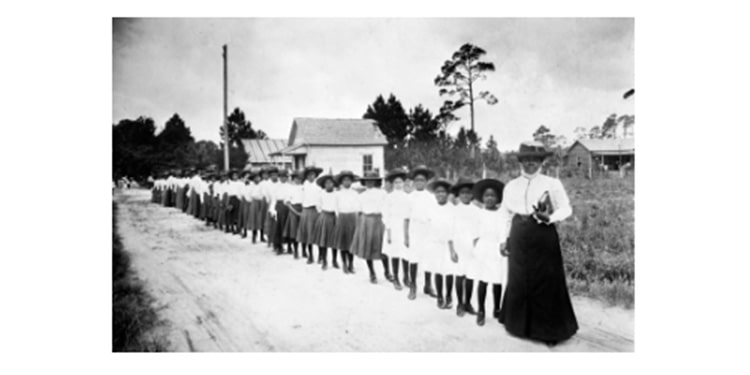
Champion of Civil Rights and Women’s Empowerment
Bethune’s influence extended far beyond the classroom. She founded the National Council of Negro Women (NCNW) in 1935, uniting organizations across the country to strengthen the voice of Black women in the fight for social justice. Her leadership opened doors for thousands of African American women to engage in civic life and political advocacy.
Her remarkable work caught the attention of President Franklin D. Roosevelt, who appointed her as the Director of the Division of Negro Affairs within the National Youth Administration, making her one of the highest-ranking African Americans in the federal government. As an advisor to the “Black Cabinet,” Bethune fought for employment, education, and equality for African Americans during the New Deal era.
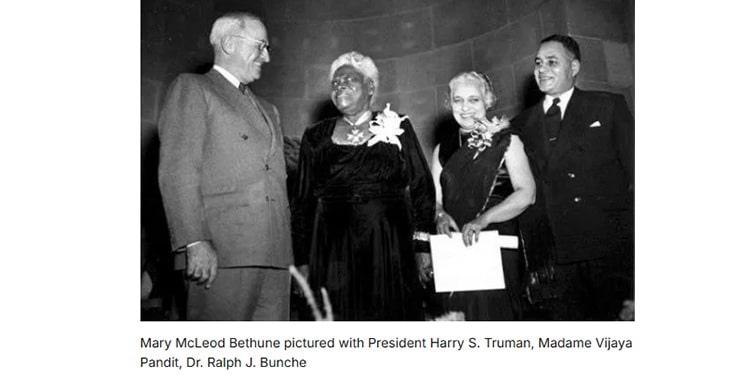
Legacy Written in Courage and Compassion
Mary McLeod Bethune’s influence stretched across education, politics, and humanitarian work. She was a founding member of the United Negro College Fund (UNCF) and a tireless advocate at the United Nations after World War II, promoting peace and racial understanding.
She passed away on May 18, 1955, in Daytona Beach, Florida, but her voice still resonates. Her final “Last Will and Testament,” a moving reflection of her life’s philosophy, urged future generations to embrace love, faith, and education as tools for progress.
Today, her legacy endures in schools, organizations, and even in the National Statuary Hall in the U.S. Capitol, where a statue of Bethune stands as the first representing an African American woman, a fitting symbol of her monumental impact.
Mary McLeod Bethune transformed adversity into achievement and education into liberation. Through courage, wisdom, and faith, she redefined what one determined woman could accomplish. Her story reminds the world that the classroom can be a battlefield, and that knowledge remains the most powerful weapon against injustice.






